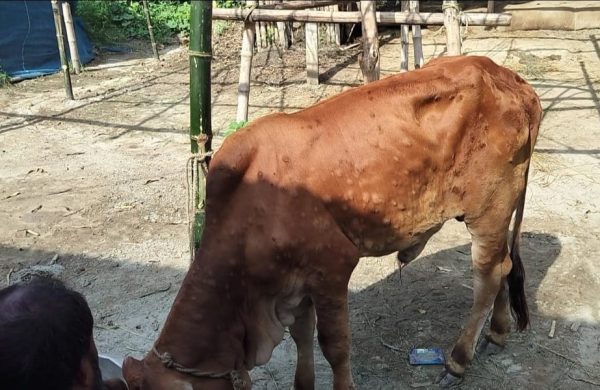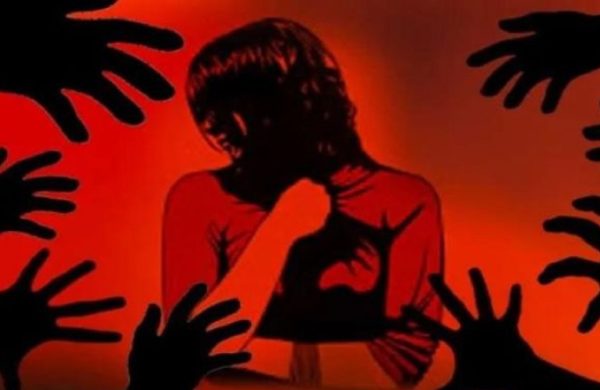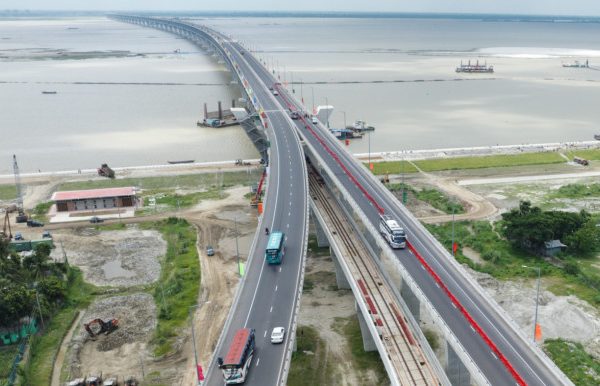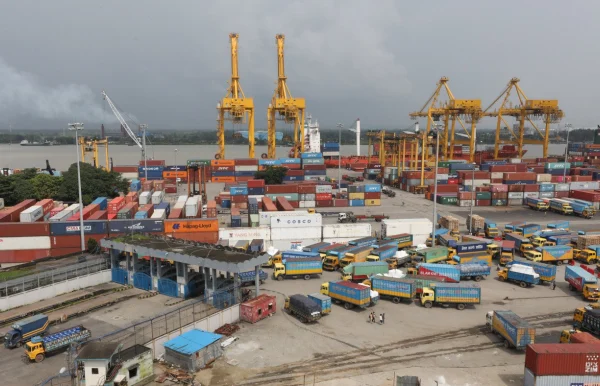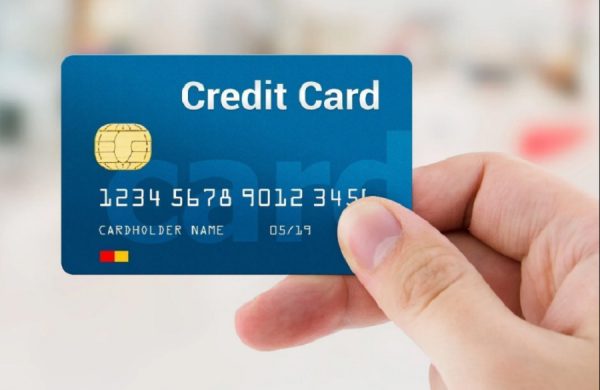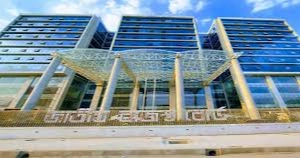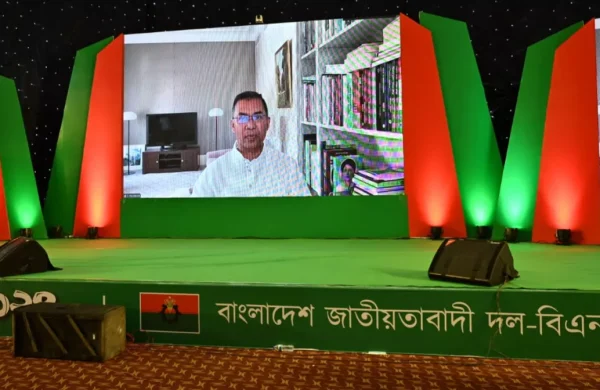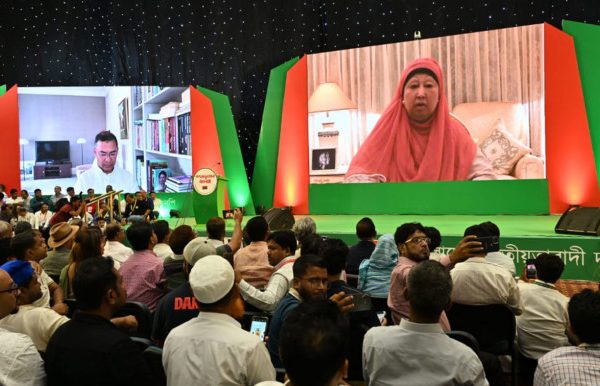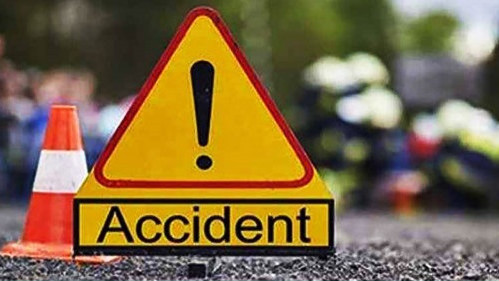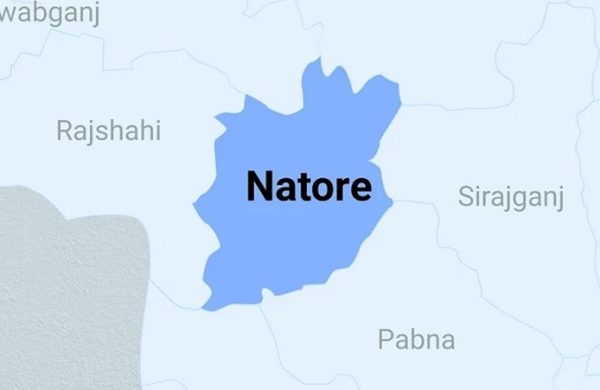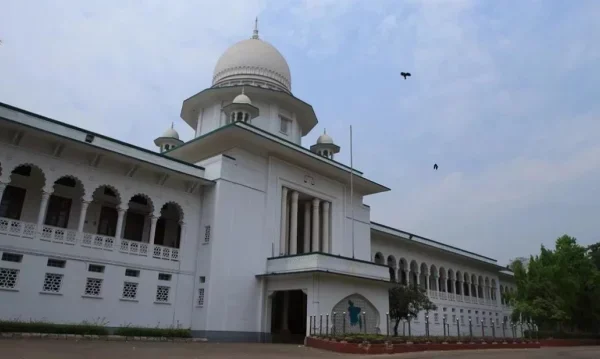Tax hikes: Govt chooses easy option, burdens public with addl. Tk12,270cr
- Update Time : Tuesday, January 14, 2025

TDS Desk:
In a progressive tax system, individuals with higher incomes bear a larger tax burden, reducing income inequality by requiring wealthier individuals to contribute more. Conversely, regressive taxes impose a disproportionate burden on lower-income earners, as they pay a higher percentage of their income compared to the wealthy.
While the globally accepted standard is for governments to collect the majority of their revenue through direct taxes like income tax, Bangladesh continues to rely heavily on indirect taxes. These taxes disproportionately impact lower-income individuals.
According to the National Board of Revenue (NBR), 63% of the Tk4.80 lakh crore revenue target for the current fiscal year will be collected through indirect taxes such as Value Added Tax (VAT) and various import duties. Nearly 10 years ago, the share of indirect taxes was 65%.
Experts say the entire burden of the additional Tk12,270 crore demanded by the IMF has been shifted to indirect taxes, moving away from the principles of progressive taxation. With the new amount being collected from indirect taxes, the share of indirect taxes will increase, further sidelining progressive tax measures.
Instead of curbing tax evasion or increasing direct taxes, the government has broadly increased VAT and supplementary duties (SD) on nearly 100 products, which will heavily impact lower-income and general consumers.
Professor Mustafizur Rahman, distinguished fellow at the Centre for Policy Dialogue (CPD) “The NBR should have focused on increasing direct taxes. However, raising VAT and supplementary duties will only increase the financial burden on ordinary people. This decision veers away from progressive taxation and leans towards a regressive system.”
He added, “Income inequality is already widening. Efforts to boost revenue should have focused on increasing income taxes and curbing tax evasion, but this has not been prioritised. After three years of high inflation, these new tax increases will put even greater pressure on ordinary people.”
HOW THE BURDEN HAS GROWN
Prof Mustafizur Rahman said, “Previously, the import value of a dollar was Tk86, with a VAT rate of 7.5%. Now, with the dollar at Tk120 and a VAT rate of 15%, the financial pressure has nearly doubled. This illustrates how the tax burden has escalated significantly for consumers.”
Mashrur Reaz, chairman of Policy Exchange Bangladesh, “It was not appropriate to impose new tax increases during a period of high inflation. The expenses of low-income people will rise even further, and the pressure on small-scale businesses will increase.
“Moreover, implementing such broad tax increases in the middle of the fiscal year is absolutely not the right approach,” he added.
TAX HIKE HITS LOW-INCOME PEOPLE HARDER
Mobile phones and the internet have now become essential services, used by everyone – the rich, the poor, and students alike. In just seven months, taxes on this sector were increased by 3%, meaning people will have to pay an additional Tk800 crore over the remaining six months of the fiscal year.
Just seven months ago, the tax was raised by 5%. Similarly, after setting a target to collect an additional Tk6,000 crore from tobacco taxes, the government now aims to collect another Tk4,500 crore from the tobacco sector.
Everyday items like LP gas, medicine, various fruits, soap, detergent, plastic tiffin boxes, rubber slippers, and biscuits, all commonly used by people, have seen VAT and SD increases.
VAT has also been raised on clothing items sold in stores and on meals in average restaurants, where low-income people are the main consumers.
Air travel is often seen as a luxury, but a large portion of travelers abroad are workers, and they too are now facing higher costs. Even small, everyday shops now sell goods worth more than Tk13,698 daily, and these shops are now under a 15% VAT regime.
Products like toilet paper, which are not considered luxury items, are also experiencing price hikes.
Also, the government aims to collect an extra Tk4,500 crore by raising taxes on tobacco products.
Low-income people are the main consumers of tobacco, and while there is no objection to taxing these products, questions remain about whether these increases will actually reduce consumption.
VAT and SD increases on various goods and services will raise costs for both the wealthy and the poor. However, the government insists that the impact on low-income people will be minimal.
According to NBR data, income tax collection has lagged behind VAT collection by 30% in the first five months of the current fiscal year, falling short of its target. However, no attention has been given to increasing income tax collection.
Dr Syed Md Aminul Karim, former NBR member of income tax policy, “The way NBR has increased indirect taxes now, the share of direct taxes in revenue will decrease further.”
Explaining why direct taxes are low in Bangladesh, he said, “Indirect tax collection is easier here. In contrast, collecting direct taxes is somewhat more challenging. In taking the easier route, NBR focuses on indirect taxes.”
He added, “Taxes could have been raised on the wealthy. Wealth tax is based on the value of assets, but the wealth value shown here is still based on what it was 50 years ago. Moreover, individual taxpayers’ tax rates are comparatively low here.”
TARGET ON TOBACCO, AIRFARES, MOBILE TALK TIME, INTERNET
According to the NBR’s calculations, the tax increase on tobacco products alone will bring in an additional Tk4,500 crore by the end of the fiscal year.
The total revenue from tobacco products, along with carbonated and non-carbonated beverages, juices, and paints, is expected to reach Tk5,100 crore.
Other revenue targets include Tk1,000 crore from airfares, Tk800 crore from mobile talk time and internet usage, Tk300 crore from restaurants and hotels, Tk2,660 crore from clothing items, non-AC hotels, sweet shops, and procurement providers, and Tk500 crore from traders, medicines, and LP gas.
The NBR plans to collect approximately Tk800 crore from 19 items by raising the VAT rate from 5% to 15%. Overall, it aims to generate Tk12,270 crore from nearly 100 products and services.


